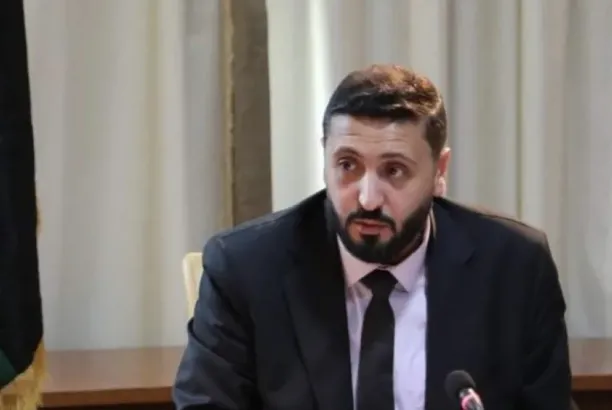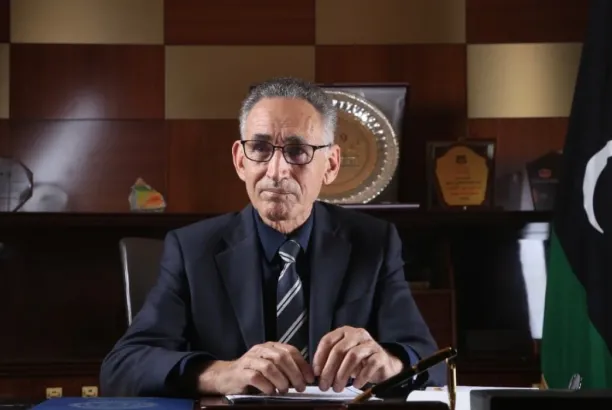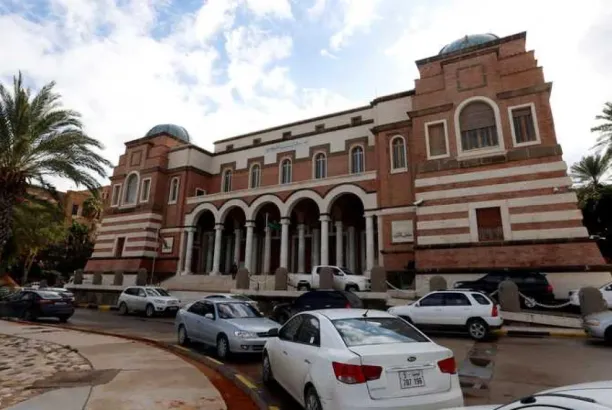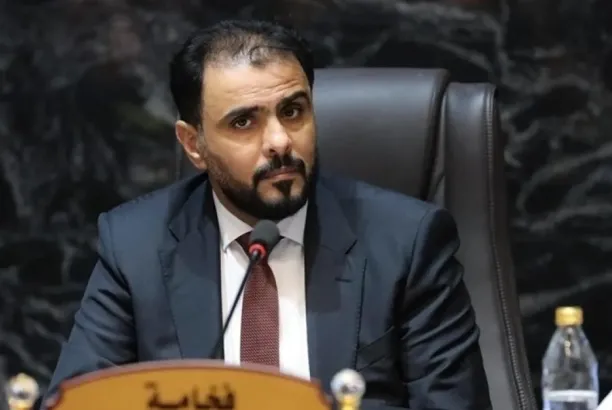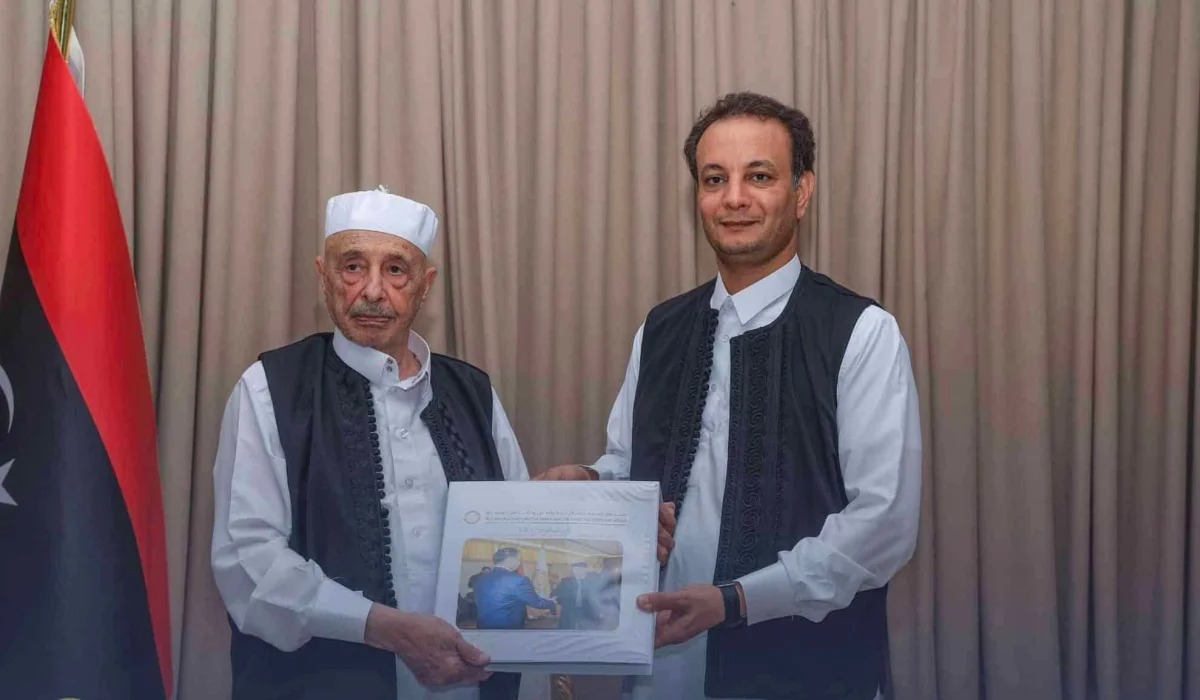
| News
“Tripoli Activists” Warn Members of the House of Representatives Against Colluding with the Speaker in Implementing His Decision to Raise the Tax Rate
Tripoli activists issued a statement regarding what was presented in the House of Representatives session held on June 3, 2025, stating:
“We followed the House of Representatives session in which some members attempted to pass a budget that exceeds the value of revenues, at a time when oil prices—Libya’s main source of income—are declining.”
They also said:
“We have also followed the statements by the Central Bank of Libya, which warned against excessive spending that could lead to the collapse of the Libyan dinar’s value. This comes after its value was unlawfully reduced, first through the imposition of a tax on foreign exchange sales by the Speaker of the House—who heads the legislative body that is supposed to uphold the law—and again through the Central Bank’s change of the exchange rate. Despite judicial rulings that nullified this tax, neither the Speaker of the House nor the Central Bank Governor has implemented the court decisions.”
The Activists stated:
“As we have received information that the Speaker of the House plans to raise the foreign exchange sales tax, and that there is a proposal to lift subsidies, we hereby warn Members of Parliament of the following:**
- Not to get involved in, or remain silent about, any decision to unlawfully extract money from the Libyan people.
- Not to collude with the Speaker of the House in executing his decision to increase the tax rate without holding him accountable.
- Not to continue enforcing decisions that have been nullified by court rulings due to violations of jurisdiction.”
Accordingly, the Tripoli Activists Coalition declares the following:
– We reject the misuse of parliamentary powers, particularly the House of Representatives’ enabling of the Speaker to finance any entity under the guise of reconstruction, development, or public debt repayment—placing the burden on the Libyan people, who are already suffering from economic hardship and high prices.
– We warn the House of Representatives and the governments against excessive spending beyond available revenues. We also warn the Central Bank of Libya against using public funds to finance expenditures that exceed revenues, urging it to remain within its legal jurisdiction and avoid contributing to economic collapse and currency devaluation.
– We call on the House of Representatives, the governments, and the Central Bank of Libya to comply with public debt repayment obligations and to revert to the provisions of Public Debt Law No. 15 of 1986, Article 3, which stipulates that “the Central Bank of Libya shall directly deduct 5% of total oil revenues from the public treasury until the debt is repaid.” We also demand the repeal of conflicting provisions in Law No. 30 of 2023 and affirm that the public should not bear the consequences of financial mismanagement and looting.
– We urge the House of Representatives to revoke the immunity granted to the Reconstruction and Development Council from oversight by the Audit Bureau and other regulatory bodies, as it contradicts the Constitutional Declaration. We also demand the cancellation of the financial and planning authorities granted to the Council’s president, which rightfully belong to the Ministries of Planning and Finance.
– We warn the governments and House members against ratifying or maintaining the Libya-Turkey maritime agreement, which stipulates that “any resources in the exclusive zone of one party that extend into the other party’s area shall be shared.” This clause effectively grants Turkey a share in our resources and obligates Libya to consult with Turkey before making any agreements with third parties regarding this zone. This undermines Libya’s sovereignty and subjects it to Turkish oversight—even though Turkey does not have legal ownership over the disputed area with Greece and Cyprus. This agreement exposes Libya to regional conflicts over resources, in exchange for giving away part of our confirmed national wealth.
In conclusion, we hold the legislative, executive, and financial authorities fully responsible for protecting public funds and preserving national sovereignty, and for upholding the rights of Libyan citizens. We affirm our continued monitoring of the performance of state institutions and will not hesitate to take necessary legal and popular actions to protect Libya from financial corruption and the squandering of its wealth.


